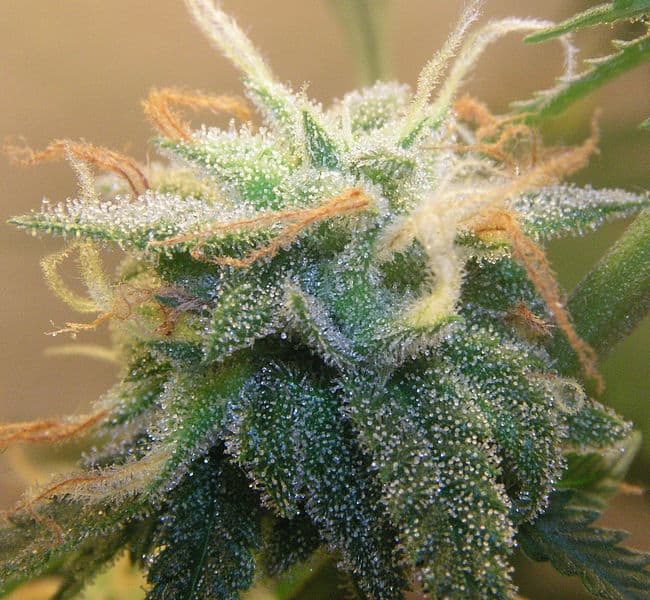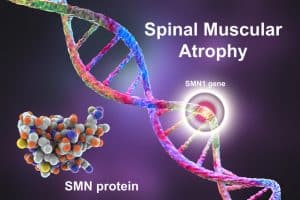
Cannabidiol reduces seizures by half in severe epilepsy, study suggests
pharmafile | April 19, 2017 | News story | Research and Development | Lennox-Gastaut syndrome, cannabidiol
A new large-scale study from the American Academy of Neurology has suggested that cannabidiol, a molecule derived from cannabis without its psychoactive effects, can prove beneficial for some sufferers of Lennox-Gastaut syndrome (LGS) in reducing seizures by up to 50%.
LGS is a form of severe epilepsy which manifests in childhood, and can cause a range of different kinds of seizures including drop and tonic-clonic varieties, which can result in full-body convulsions and prove difficult to treat with medication.
The study found that, by administering a liquid form of cannabidiol, almost 40% of the 225 participants experienced at least a 50% reduction in drop seizures compared to 15% taking placebo. Participants experienced an average of 85 drop seizures per month prior to the study, and had already tried six treatments which had proved ineffective and were taking three types of medication at the time of the study, on average. While up to 94% reported adverse effects, these were only mild to moderate in nature.
Overall, up to 66% of recipients of the cannabidiol treatment reported that their illness had improved, compared to 44% receiving placebo.
Study author Anup Patel explained: “Our study found that cannabidiol shows great promise in that it may reduce seizures that are otherwise difficult to control.” Patel represents the Nationwide Children’s Hospital, The Ohio State University College of Medicine and serves as a member of the American Academy of Neurology.
“Our results suggest that cannabidiol may be effective for those with Lennox-Gastaut syndrome in treating drop seizures,” he continued. “This is important because this kind of epilepsy is incredibly difficult to treat. While there were more side effects for those taking cannabidiol, they were mostly well-tolerated. I believe that it may become an important new treatment option for these patients.”
Patel and his team hope to submit a New Drug Application for the treatment to the FDA within the year.
Matt Fellows
Related Content

A new weapon against Parkinson’s-related psychosis
Dr Arthur Roach, Director of Research at the charity Parkinson’s UK, discusses new trials on …

NICE refuses GW Pharma’s cannabis-based Epidyolex for treatment-resistant epilepsy
UK-based GW Pharma has suffered a setback in its home country after drug watchdog NICE …

FDA issues warning to CBD company Curaleaf
The FDA has issued a warning to Massachusetts-based CBD company Curaleaf over the firm’s use …






